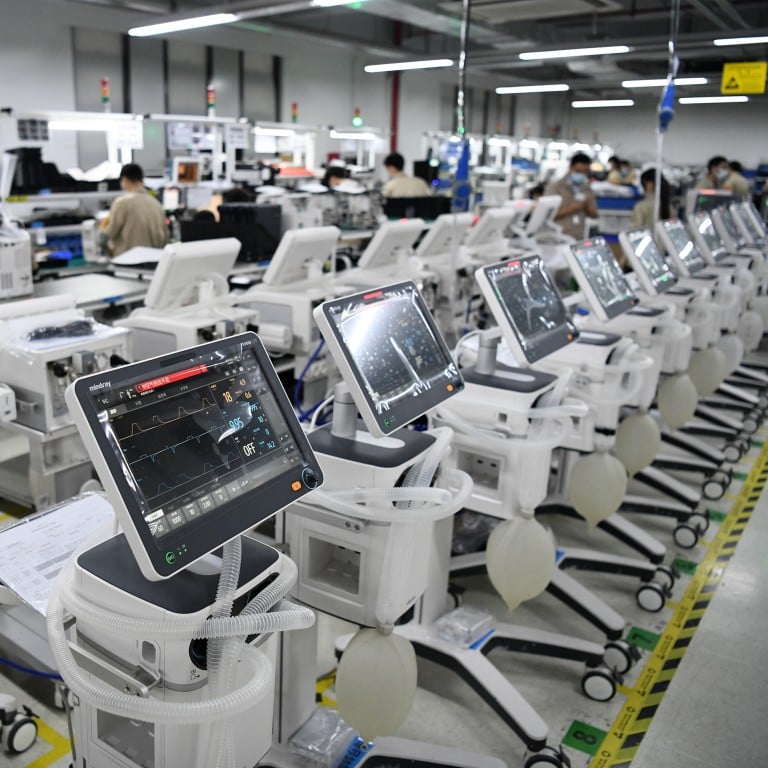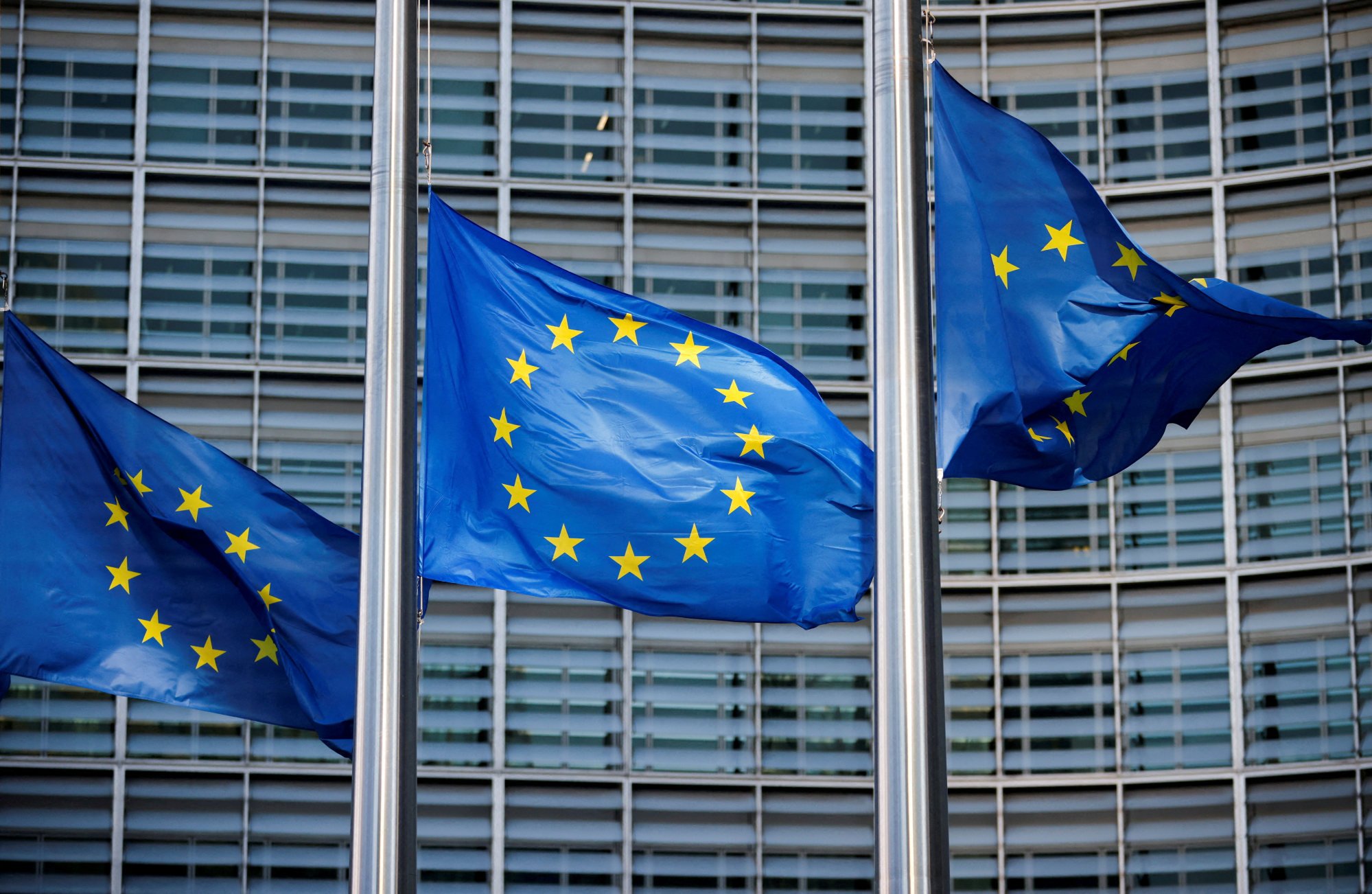
EU to launch first-ever procurement probe over China’s medical devices sector, sources say
- EU officials are frustrated by lack of progress on the issue after frequently raising it with their Chinese counterparts
- Brussels has instigated a slew of investigations in recent weeks as frustration mounts over Beijing’s policies
The European Commission will launch an investigation into European firms’ access to procurement markets in China’s medical devices sector, sources said.
The probe would mark the first case under the EU’s international procurement instrument, or IPI – a new economic weapon. An official announcement is expected in the coming days.
It will add to a legion of probes Brussels has instigated in recent weeks, with frustration mounting against Beijing’s economic policies and its perceived unwillingness to change course.

The IPI was adopted in June 2022 but has yet to be used. Its aim is to prise open lucrative procurement markets that are closed to EU firms. Firms from countries whose tendering markets are closed to European companies will be penalised.
The medical devices issue has been raised by EU officials with their counterparts in Beijing on a frequent basis. They point to the relatively free access Chinese firms have to public procurement tenders in the European market, versus the restrictions faced by European competitors in China.
After those talks, the sides agreed to continue talking about market access to China’s giant medical devices sector. But the European side has been frustrated by the lack of progress.
“The EU hopes to pursue discussions on improving market access for European medical devices. Eliminating barriers is a matter of mutual benefit and would directly improve the welfare also of Chinese citizens, giving them access to the best healthcare technologies,” the Latvian official said at the time.
Speaking on the sidelines of the EU-US Trade and Technology Council in Leuven, Belgium this month, the EU’s competition tsar Margrethe Vestager railed against the lack of market access European firms enjoy in China.
“There is no reciprocity here – de facto the Chinese market is closed for European producers,” Vestager said, adding that it was important for the bloc to have the IPI as it was “built on the idea of reciprocity”.
Investigations under the IPI can be launched following complaints by member states, or under the commission’s own initiative. The probe will include consultations with the Chinese government, and must be concluded within nine months of initiation.
Should it be discovered that there are barriers to EU firms during an investigation, companies from China could have their applications for tenders in the single market downgraded. They could also face being excluded from tenders in the EU.
EU takes aim at China’s wind turbines as ‘overcapacity’ fightback stepped up
There has been frustration in some quarters at Brussels’ sluggishness in using an instrument that took 10 years to develop. The European Commission first proposed the IPI in 2012, but it took a decade of laborious negotiations between member states and members of the European Parliament before it became law.
The imminent announcement, however, shows a new-found willingness to use the tools at the commission’s disposal. The foreign subsidies regulation, another recent addition to the EU’s arsenal, has been deployed against Chinese firms three times in recent months.
The latest salvo will undoubtedly add further tension to already terse EU-China trading relations. On Monday, the Chinese mission to the EU published a long newsletter lambasting the “protectionist acts by the EU side”.
“Over the past months, the EU initiated a large number of investigations targeting at Chinese companies. China is highly concerned over the EU’s discriminatory practices,” it read.
EU follows US move to assess China’s dominance of legacy chips
“We’re making full use of the tools that we have, but I can’t help feeling that this is also playing whack-a-mole,” Vestager said during a speech last week.
“We need more than a case-by-case approach. We need a systematic approach – and we need it before it is too late. We can’t afford to see what happened on solar panels, happening again on electric vehicles, wind or essential chips.”

